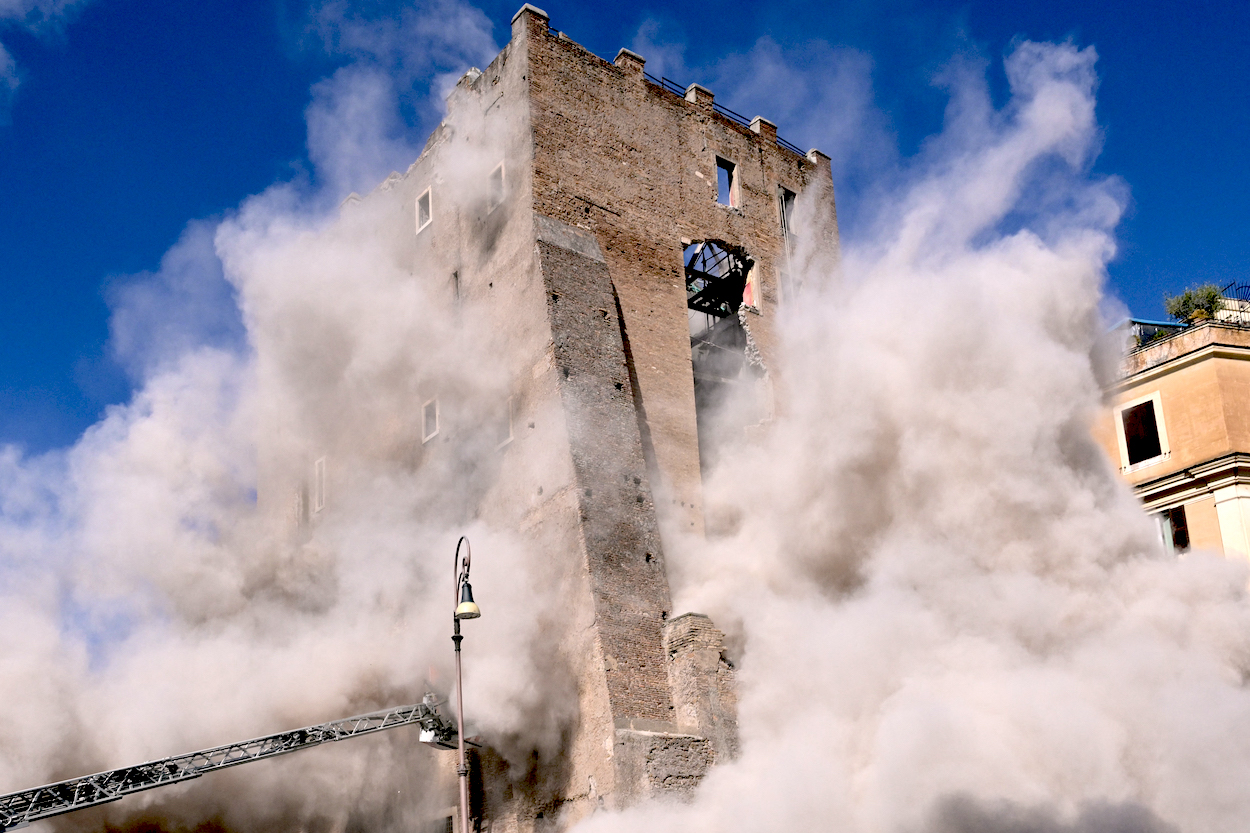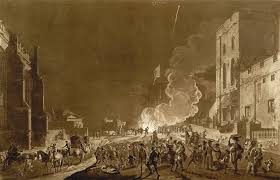
Introduction
Guido Fawkes, also known as Guy Fawkes, has become a symbol of rebellion and dissent in British history. His involvement in the 1605 Gunpowder Plot aimed to assassinate King James I and restore Catholic rule in England. The significance of Fawkes extends beyond his actions; he is commemorated each year on November 5th, also known as Guy Fawkes Night, a date that serves as a reminder of the tension between Catholics and Protestants during the reign of James I. This article explores the historical context, events of the plot, and Fawkes’ enduring legacy.
The Gunpowder Plot
In the early 17th century, England was fraught with religious conflict, primarily between Catholics and Protestants. After ascending the throne in 1603, King James I did little to alleviate the harsh laws against Catholics, prompting discontent among the Catholic community. In response, a group of conspirators, including Fawkes, devised a plan to blow up the House of Lords during the State Opening of Parliament. The plot aimed to kill the king and restore Catholic leadership. On November 5, 1605, Fawkes was discovered guarding a cache of explosives beneath Parliament, leading to his capture and subsequent torture.
Consequences and Historical Impact
The failure of the Gunpowder Plot led to severe repercussions for Catholics in England, with increased persecution and harsher laws enacted against them. Fawkes was executed by hanging on January 31, 1606, and his name quickly became synonymous with treason. Over the years, his story transformed from that of a disgraced traitor to a figure of popular culture and protest. The annual celebration of Guy Fawkes Night features bonfires and fireworks, symbolising the public’s collective voice against tyranny.
Modern Interpretations and Legacy
In contemporary society, Guido Fawkes has found new resonance, especially among movements opposing government authority. His imagery has been adopted by various activist groups and has been a focal point in popular culture, most notably in the film “V for Vendetta,” where the iconic mask associated with Fawkes serves as a symbol of resistance. Today, Fawkes represents not just a historical figure but an enduring spirit of rebellion against perceived oppression.
Conclusion
Guido Fawkes’ legacy continues to provoke thought and discussion in modern discourse. While he may have aimed to change the course of British history through violent means, his story has transcended time to symbolise the broader themes of resistance and the fight for justice. As society reflects on the impacts of historical events such as the Gunpowder Plot, Fawkes reminds us of the complexities of loyalty, power, and the quest for equality, prompting us to consider how historical narratives evolve and influence present-day beliefs.
You may also like

The Enduring Legacy of James Madison

Tragic Collapse of Medieval Tower in Rome

Understanding Guy Fawkes Day and Its Modern Significance
SEARCH
LAST NEWS
- Remembering Wendy Richard: The Promise to Co-Star Natalie Cassidy
- How Did Anglian Water Achieve an ‘Essentials’ Rating for Mental Health Accessibility?
- Shai Hope Leads West Indies in T20 World Cup Clash Against South Africa
- What We Know About Weston McKennie: Future at Juventus and Past at Leeds
- What We Know About the Upcoming Live Nation Antitrust Trial